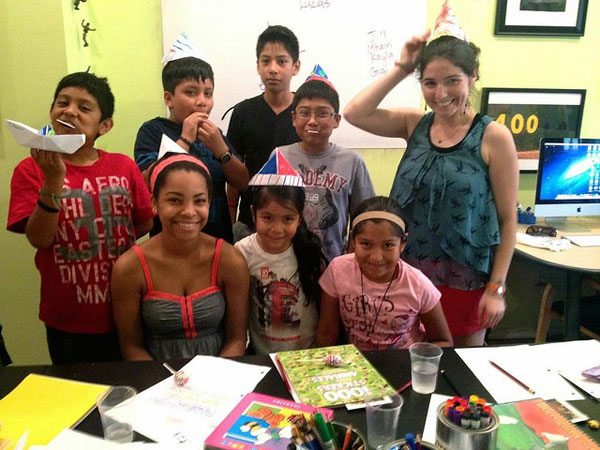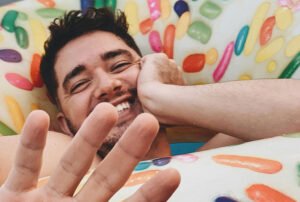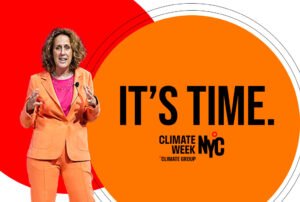
August 22, 2017; Slate Blogs, “The XX Factor”
In a series of workshops offered this summer, children from immigrant families in Philadelphia created comic books, made “alter ego” puppets, and wrote monologues, all creative activities that allowed them to both express their anxieties about deportation in the community and share stories about their culture. By coincidence, the culminating event of the workshop took place just days after the unsettling events in Charlottesville, making the students’ stories all the more poignant—and relevant—for their families and workshop teachers.
Since 2009, Mighty Writers has been offering afterschool academic support, year-round creative writing classes, SAT prep, and other programs to Philadelphia students to help fill gaps in the educational system and encourage young people to express themselves with confidence. While students in these free programs have always reflected the city’s diverse population, the organization has been paying particular attention to children from immigrant families, especially those with undocumented parents, as anti-immigrant rhetoric has increased over the last year. One of the four Mighty Writers sites, El Futuro, was established a few years ago to offer bilingual support for Spanish-speaking children. Located near the city’s Italian Market, El Futuro attracts many children from Mexican families in the neighborhood. El Futuro hosted summer workshops in which a dozen elementary school students from different ethnic backgrounds crafted stories about their immigrant experience.
Sign up for our free newsletters
Subscribe to NPQ's newsletters to have our top stories delivered directly to your inbox.
By signing up, you agree to our privacy policy and terms of use, and to receive messages from NPQ and our partners.
One of the instructors, Cybil Sanzetenea, described why it was so important to offer these children a safe place to share their stories and express their worries: “I was so surprised to hear how genuinely scared these kids were on a daily basis of coming home to find that their parents or family members had been taken. They had such elaborate plans that had so clearly been discussed about what to do in those scenarios. Every single time they opened the door there were strategic measures.” It bears repeating that these are elementary-school students, forced into understanding the tenuous status of their families in America, and taught to understand—but not disclose—what it means to be undocumented, or to live with someone who is.
As described by Micah Hauser in a Slate article, each handmade puppet and heartfelt monologue presented by the students to each other and their parents at the end of the summer program last week “felt almost like tiny radical acts.” Tiny perhaps—but mighty, too.—Eileen Cunniffe












